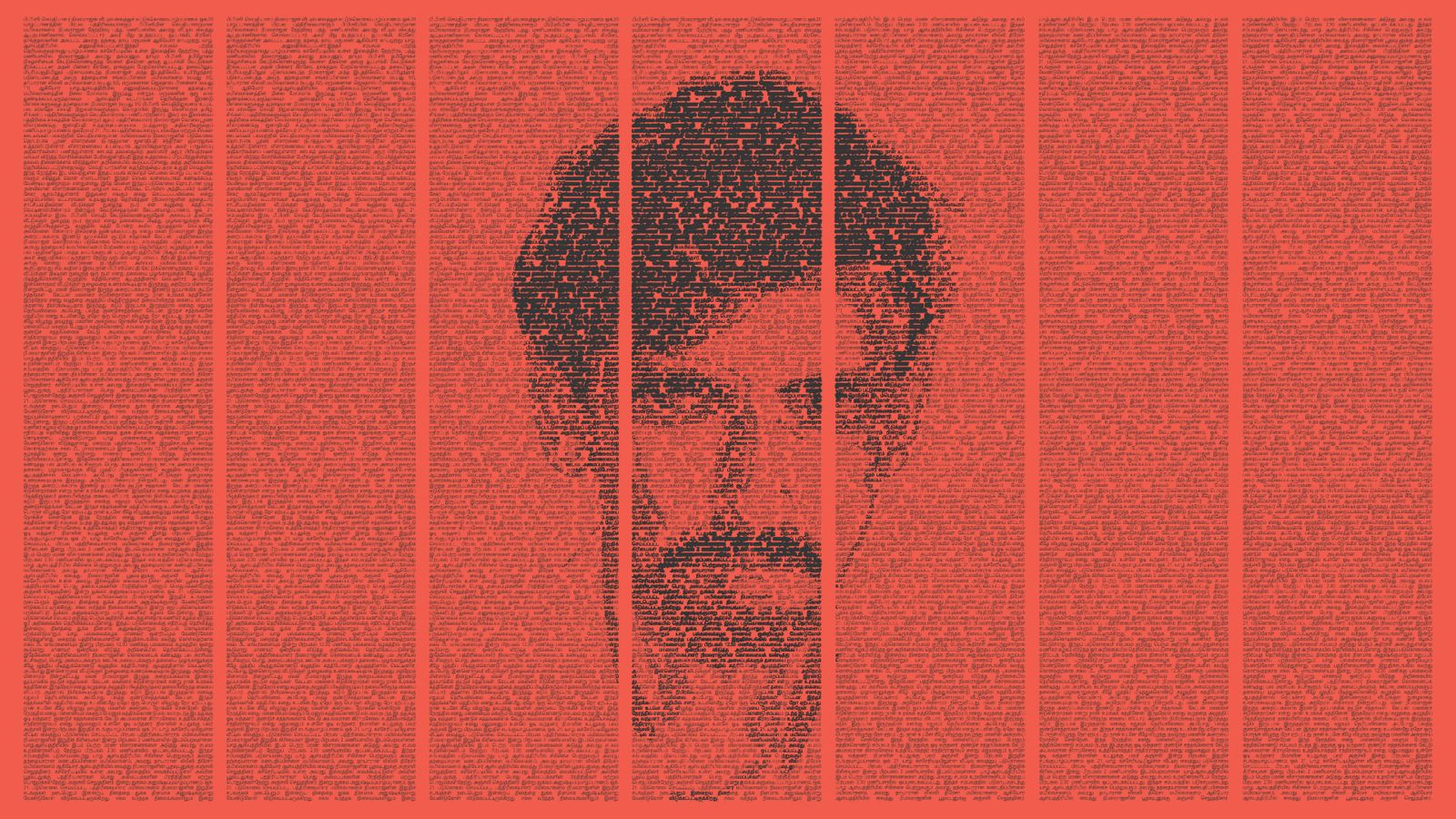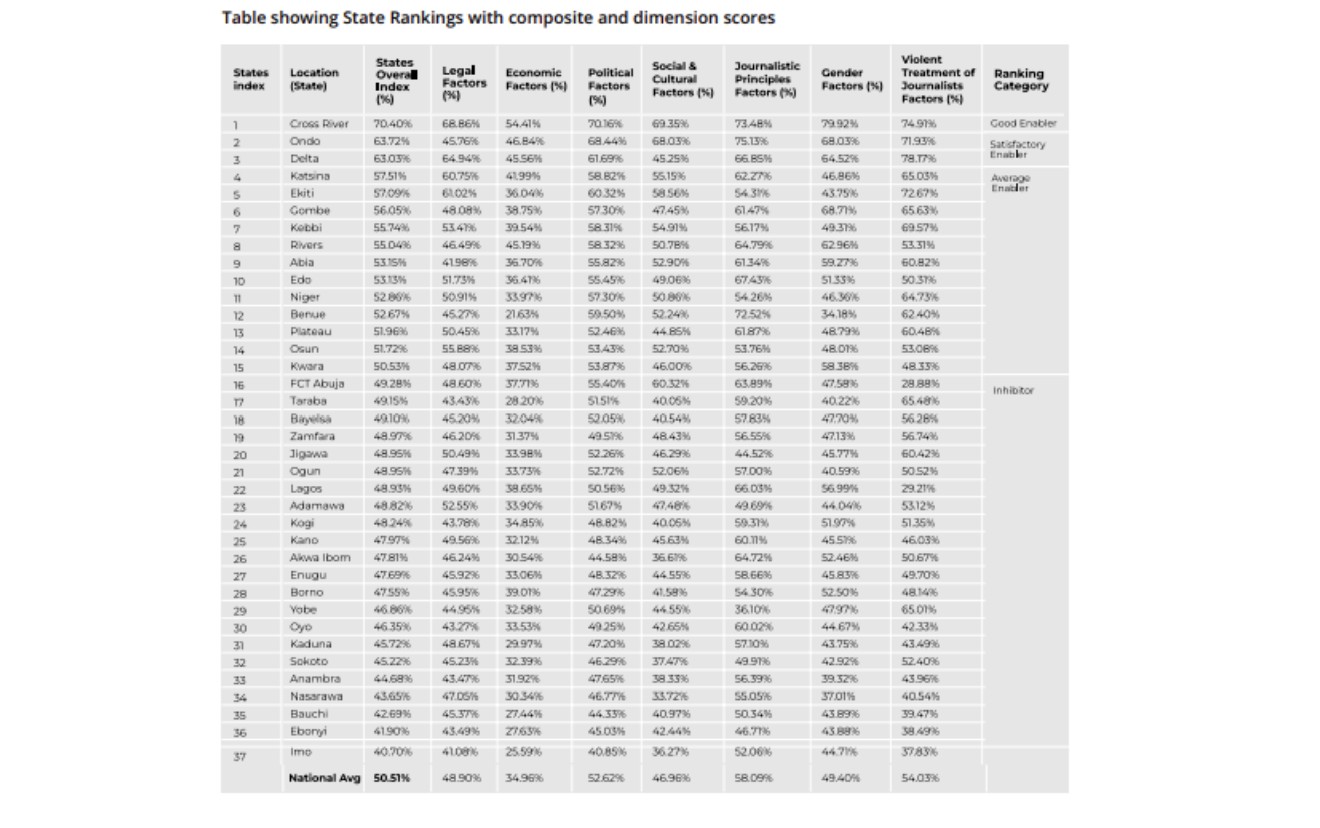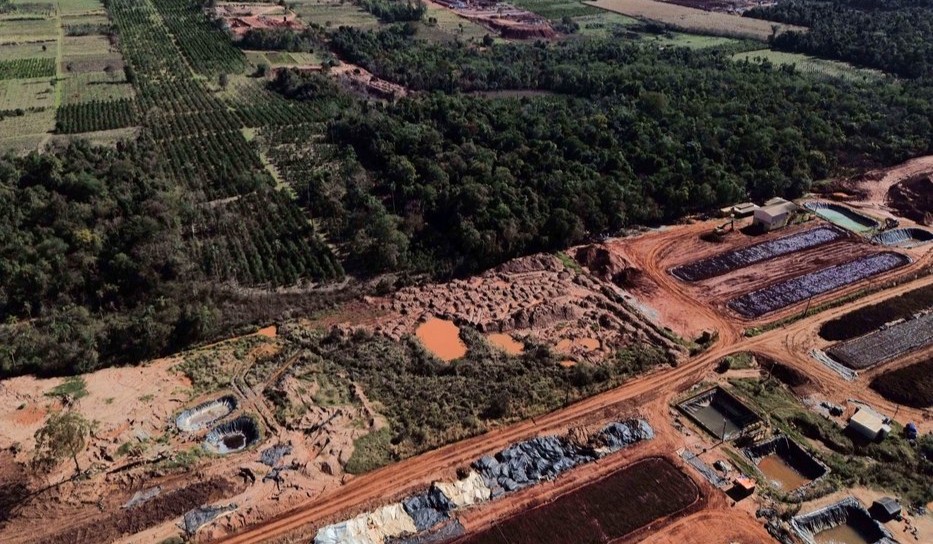
Text-Book Failures and Enduring Impunity: The Killing of Sri Lankan Journalist Mylvaganam Nimalarajan
September 10, 2025
Report Finds 22 Nigerian States Restrict Expression, 13 Hostile to Journalists
September 10, 2025In Paraguay’s Guairá Department, environmental defenders in Paso Yobái are facing growing criminalisation amid conflicts with mining companies accused of severe ecological harm. On March 26, 2025, three yerba mate producers, including Vidal Brítez Alcaraz, president of the Asociación de Yerbateros de Paso Yobái, were prosecuted on charges of “grave coercion.” Brítez Alcaraz was detained despite evidence placing him elsewhere at the time of the alleged confrontation. Although later released to house arrest due to his asthma and strong community ties, his case highlights how judicial harassment is being used to weaken local resistance to mining interests.
Mining operations by companies such as Latin American Minerals, Paraguay and CEMA SA have been linked by UN experts to mercury and cyanide contamination in rivers, with 2018–2019 studies confirming dangerous mercury levels in families of miners and toxic fish samples far above international safety limits. Since 2010, over 840 hectares of forest have been lost in the region, damaging yerba mate farming, a vital crop for both cultural identity and local livelihoods. Environmental defenders who resist these impacts are being met with intimidation, prosecution, and criminal charges.
Journalists covering these issues also face serious risks. On August 25, 2025, Jessica Martínez, a reporter for Ñandutí, was physically assaulted by a bodyguard of the Justice Minister while reporting outside Penal de Emboscada Antiguo. In Pedro Juan Caballero, journalist Aníbal Gómez Caballero received death threats after exposing interference in a high-profile murder investigation, prompting concern from press freedom organisations. These incidents reflect a worsening climate for journalists working in dangerous contexts, where state and criminal actors exert pressure to silence reporting.
Compounding these risks are restrictive legal developments. A new bill on a National Single Account centralises funding oversight in ways that could exclude civil society organisations, while amendments to data protection statutes may allow institutions to withhold information under broad claims of sensitivity.
The situation in Paso Yobái demonstrates how environmental defence, press freedom, and civil society rights are closely intertwined. Criminalisation of defenders and attacks on journalists not only undermine human rights but also weaken democratic accountability in Paraguay.
Reference –
https://monitor.civicus.org/explore/environmental-defenders-face-criminalisation-in-paso-yobai/

